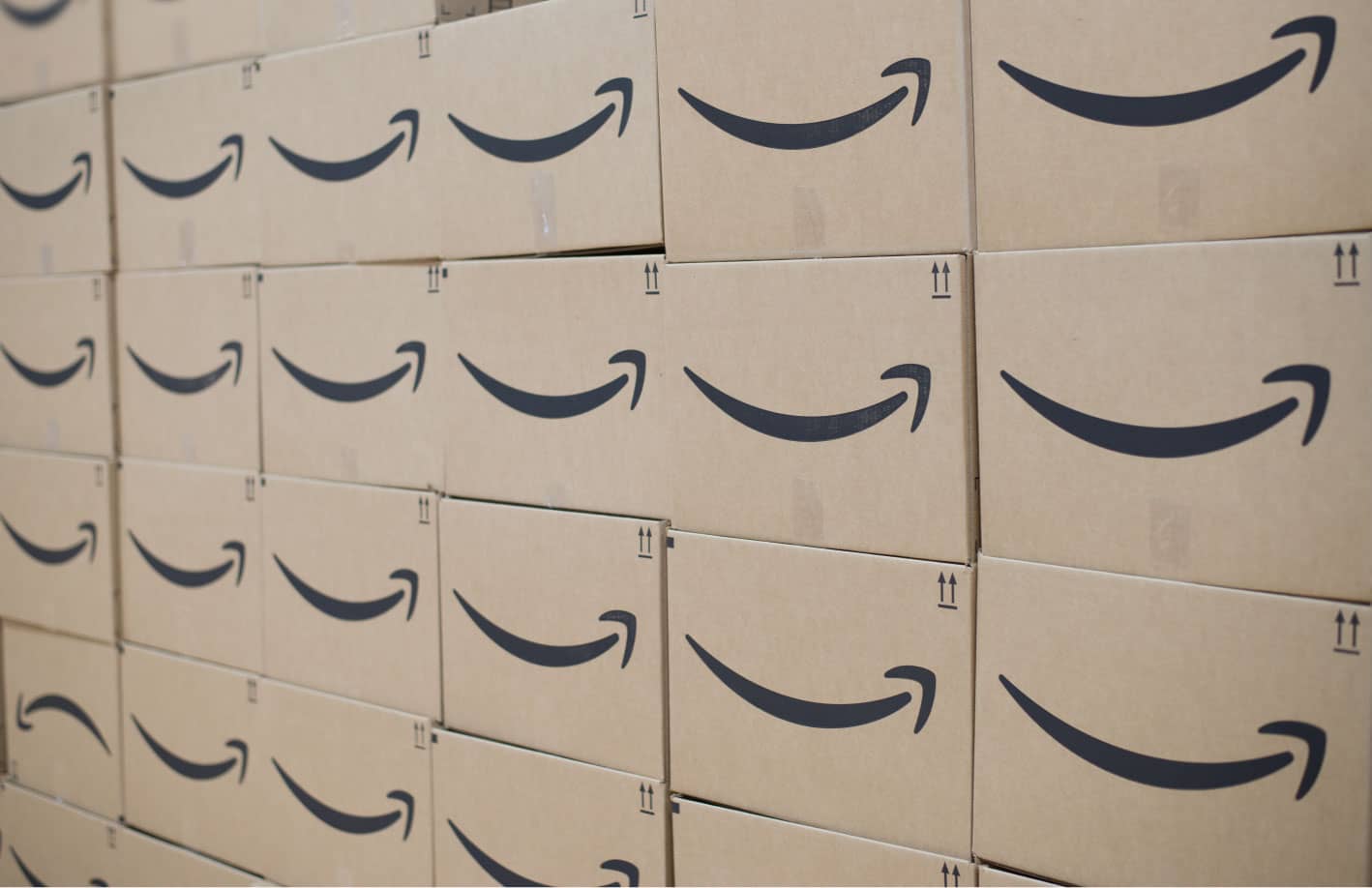Customer experience (or CX) has always been one of the main focuses of any successful global business. Because they understand that the customer is, and should always be, the focus of any company. The existence of all types of businesses depends on their customers. It is no wonder that finding ways to make this experience better and more unique has been Twilio's mission, not only by developing but also by partnering with the most innovative technologies capable of transforming the market by putting the customer at the center of the business. That's why the company is so excited about the arrival of AI Agents.
Both major technology companies and global governments announced government incentive packages for development that together amount to trillions of dollars in investments in artificial intelligence by 2025 and the coming years, according to recent corporate reports and investment plans. Among these investments, the development, integration, and adoption of Agentic AI should be the next best step within the perspectives of customer-centric companies, according to Vivian Jones, LATAM Vice President of Twilio.
For the specialist, this technology is a natural evolution of what companies have been seeking to do with chatbots, IVRs, and various other communication tools for years, as well as the next step for generative AI in the world. Despite that, there are still those who do not know this novelty thoroughly.
“Imagine interacting with a brand through any available service channel and having a fluid conversation, without having to choose menu options, with an AI that responds to you generatively, with a real dialogue, that knows your complete history, that can suggest different solutions, since it is versed in all the details of the company, that personalizes its service according to your preferences, that is available and that helps you even when you choose to speak to a human agent, who will be equipped with knowledge and agility in accessing data, since they will have AI as support. This can help you understand how AI Agents will change everything when we talk about CX”, comments Jones, “It is worth noting that these types of experiences are only possible if businesses have the necessary contextual data.”
AI Agents represent the newest evolutionary stage of process automation, and can be used in various contexts. They are basically autonomous generative AIs. In other words, in addition to their response capability based on LLM, they possess a proactive problem-solving characteristic. "To make this more playful, think of fully integrated personal assistants capable of solving any problem we see in movies, series, books, and video games," explains Jones. "This is one of those moments when fiction becomes reality."
Within the context of marketing, advertising, customer service and CX, they allow:
- The highest level of personalization, as they can interact in a unique way with a consumer;
- They allow you to optimize campaigns with real-time adjustments to budget and targeting;
- They are not limited to expected questions and answers, like chatbots;
- They can take proactive and creative actions to win over and retain customers, with knowledge of context and preferences;
- They resolve the issue of large amounts of disordered data from different sources;
- They can suggest strategies based on large volumes of data, at scale; and much more.
For the specialist, technology will enable human CX agents to have a powerful ally when engaging with a customer, understanding contexts, suggesting solutions, products, and even learning from each consumer's behavior and preferences. "It is still necessary to invest in this type of solution to make it increasingly powerful, but there are already market solutions fully capable and that tend to gain more and more functionalities and reach new levels."
Of course, there are still challenges to be overcome, but most of the issues are already considered by companies today and are addressed with increasingly complex developments that ensure that these AI agents operate within ethical and legal limits, protect the privacy of customer data, are integrated into different technology stacks, create protocols that prevent hallucinations and even train professionals to make the most of this tool.
“The learning capacity of AI Agents allows for constant and rapid evolution of technology, and this is very interesting in the context of CX, since CX dialogue can come from different channels, has long histories, carries tension when dealing with a problem, demands personalization when talking about a sale, etc. These are complex scenarios, but they still need to be fully satisfactory for customers,” says Jones.
Finally, the expert emphasizes that companies that are customer-centric cannot ignore this evolution, as the next step in customer relationships undoubtedly involves the support provided by AI Agents.











